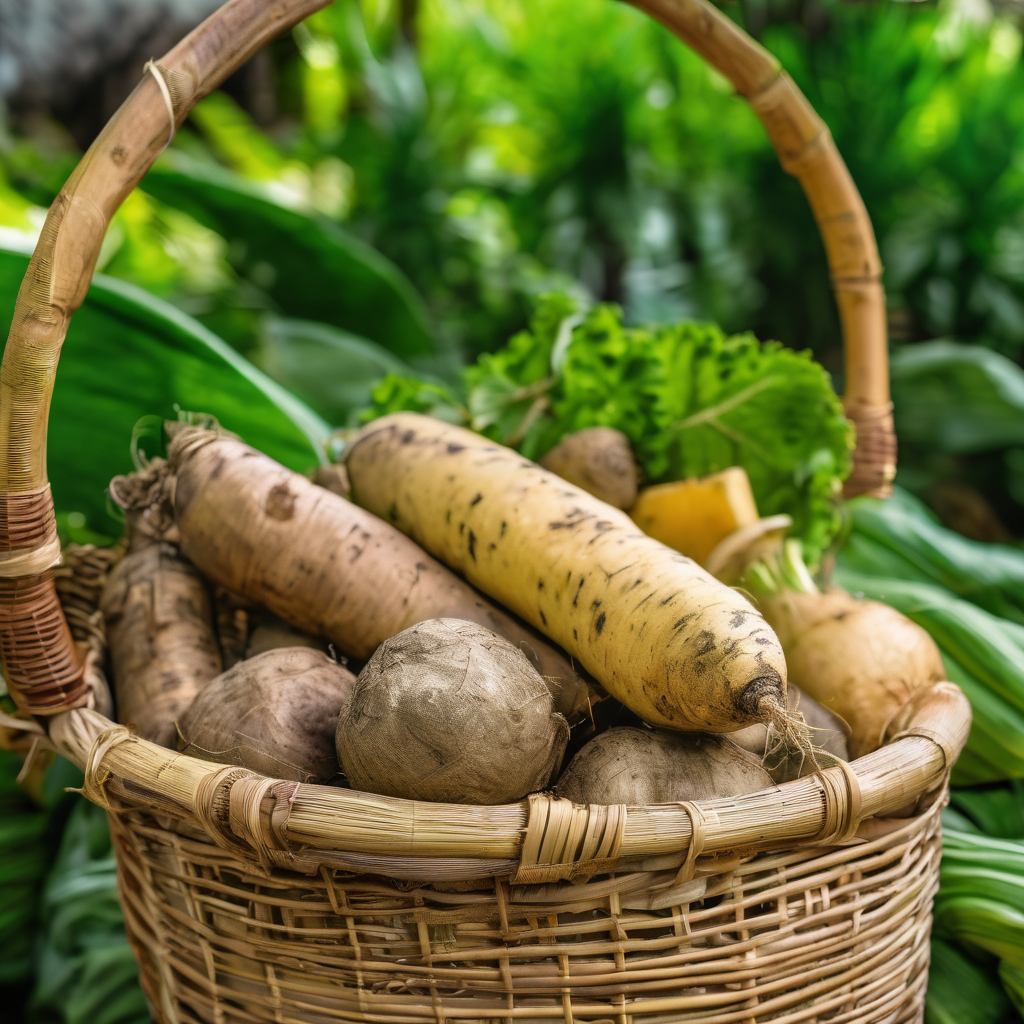A diverse group of over fifty participants from various communities in Cakaudrove recently attended a two-day workshop facilitated by the United Nations Tourism, the Food and Agriculture Organization, and the Pacific Tourism Organisation. The gathering included representatives from women’s cooperatives, iTaukei businesses, and youth forums, all aiming to enhance the understanding and application of natural resource management and its role in meal production.
One notable participant, Meli Rokotakala from the Bagata-based iTaukei business Muanivatu Trail, shared his perspective on the workshop’s benefits. He highlighted the focus on utilizing local ingredients sourced from farms and gardens, which reinforces traditional cooking methods that have been passed down through generations. “This has reignited cooking methods and skills that were known to our ancestors using what is around us instead of buying from the supermarket,” Rokotakala remarked, underlining the cost-effectiveness and sustainability of these practices.
This workshop is part of a larger trend in Fiji, where recent initiatives have emphasized collaboration among farmers, fishermen, and various stakeholders to optimize supply chains and enhance food security. By sharing best practices and exploring innovative approaches, participants are working towards a more resilient food system that aligns with sustainable development goals.
Rokotakala expressed appreciation to the event organizers, recognizing the positive impact such workshops have on communities in the Northern Division. He noted that they cultivate a sense of shared responsibility and community in promoting healthier, more sustainable food practices. This initiative also reflects a broader movement in Fiji to intertwine agriculture with tourism, fostering the use of local produce and traditional culinary techniques while enriching the visitor experience. The positive outcomes of the workshop illustrate the potential for sustainable practices to thrive in local economies and contribute to a healthier future for all.
